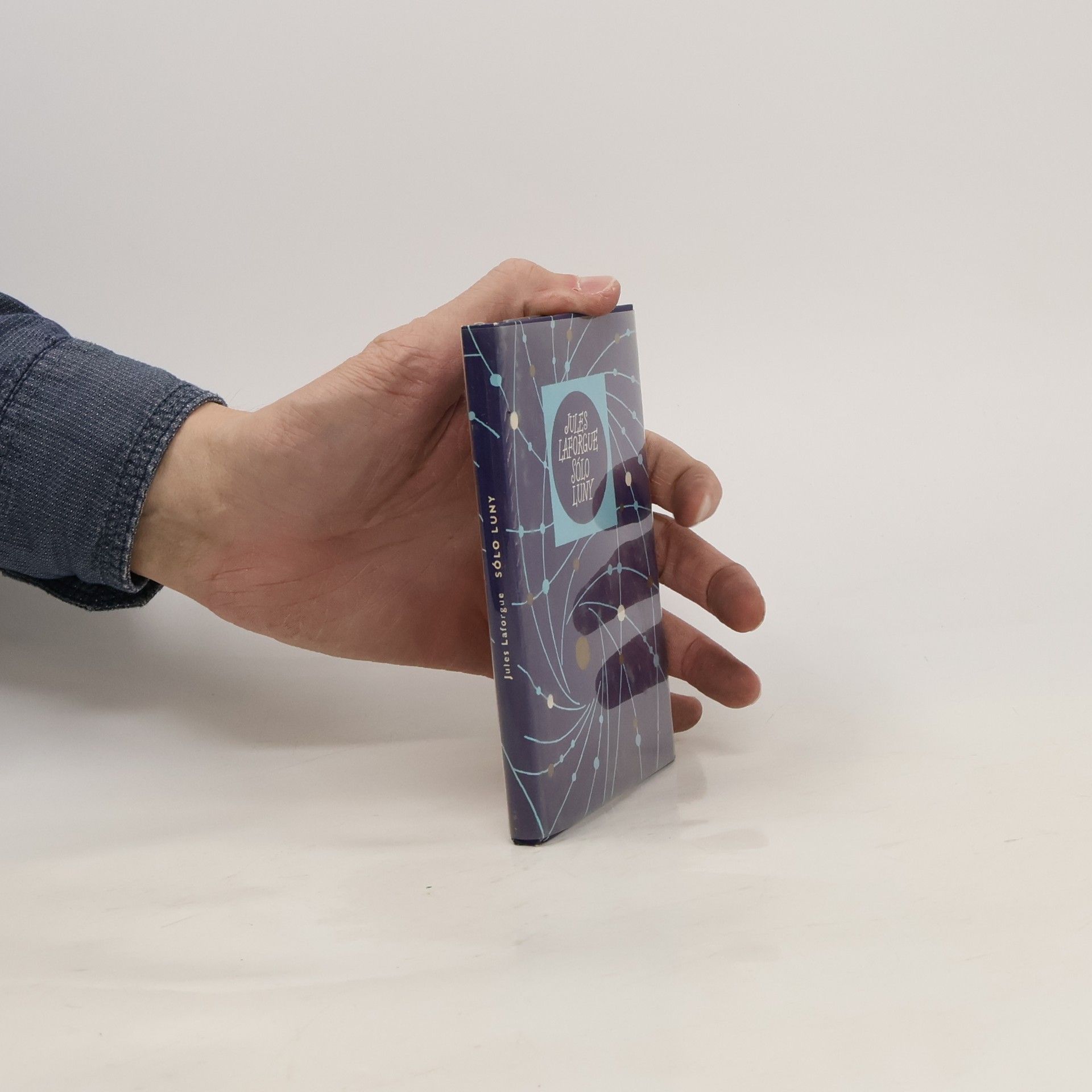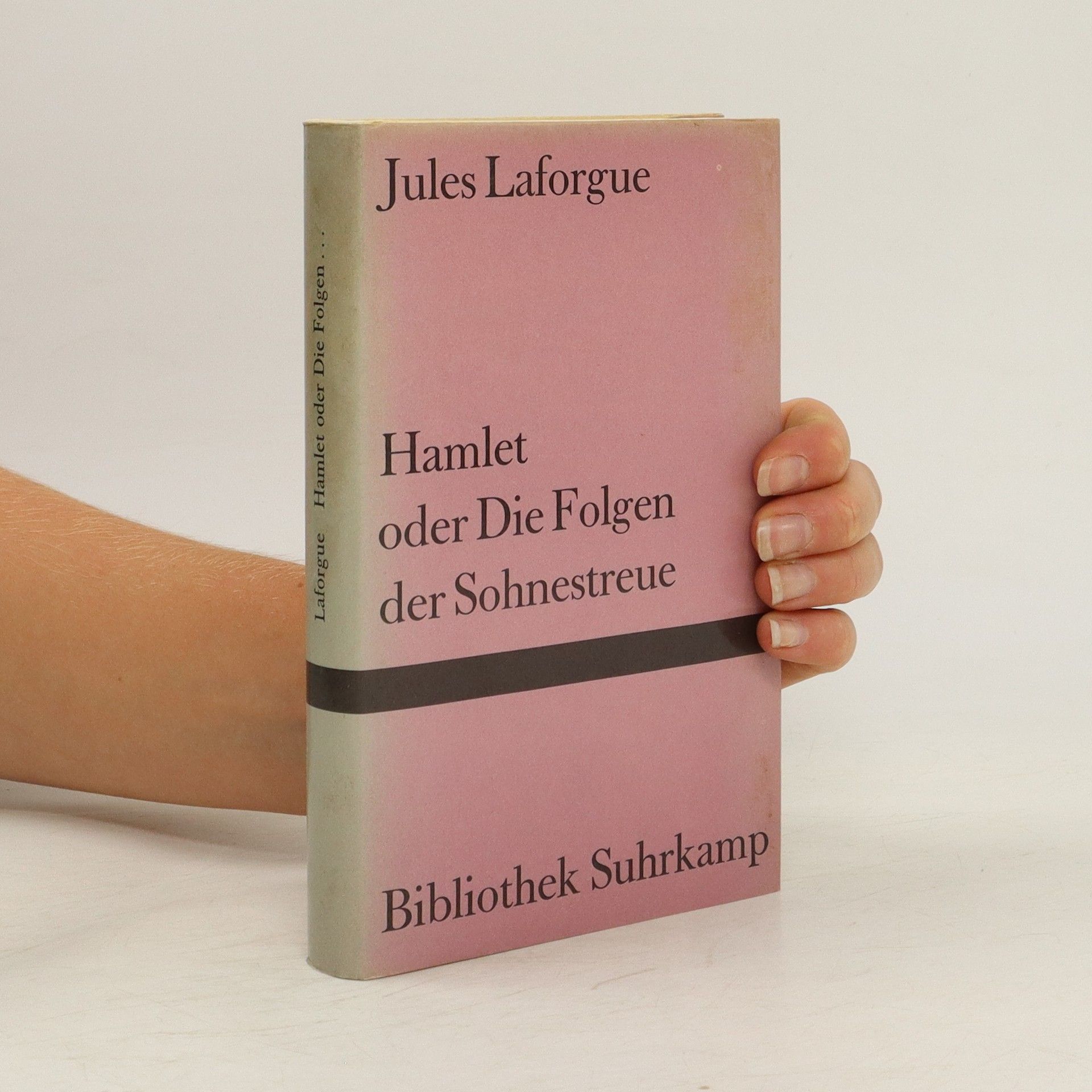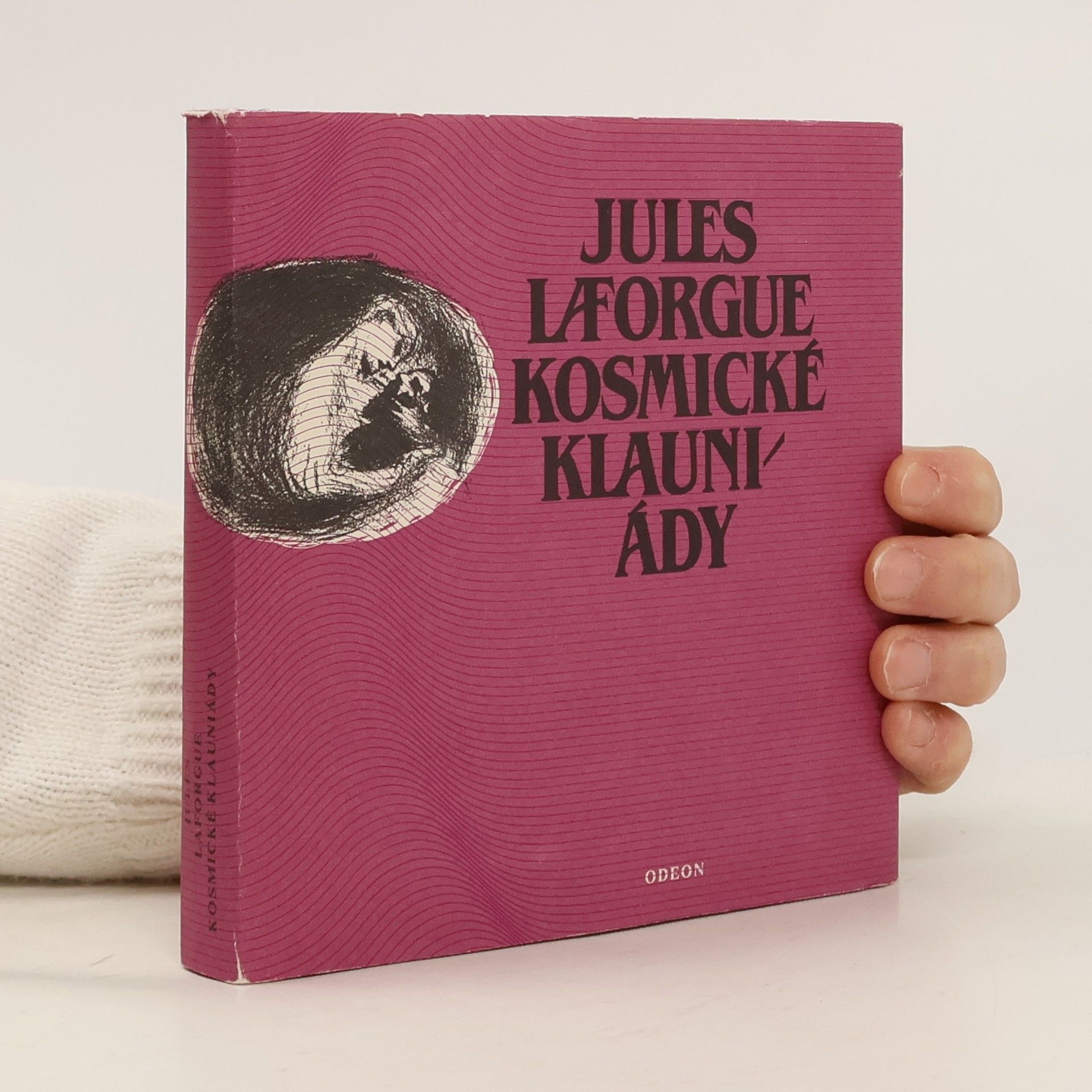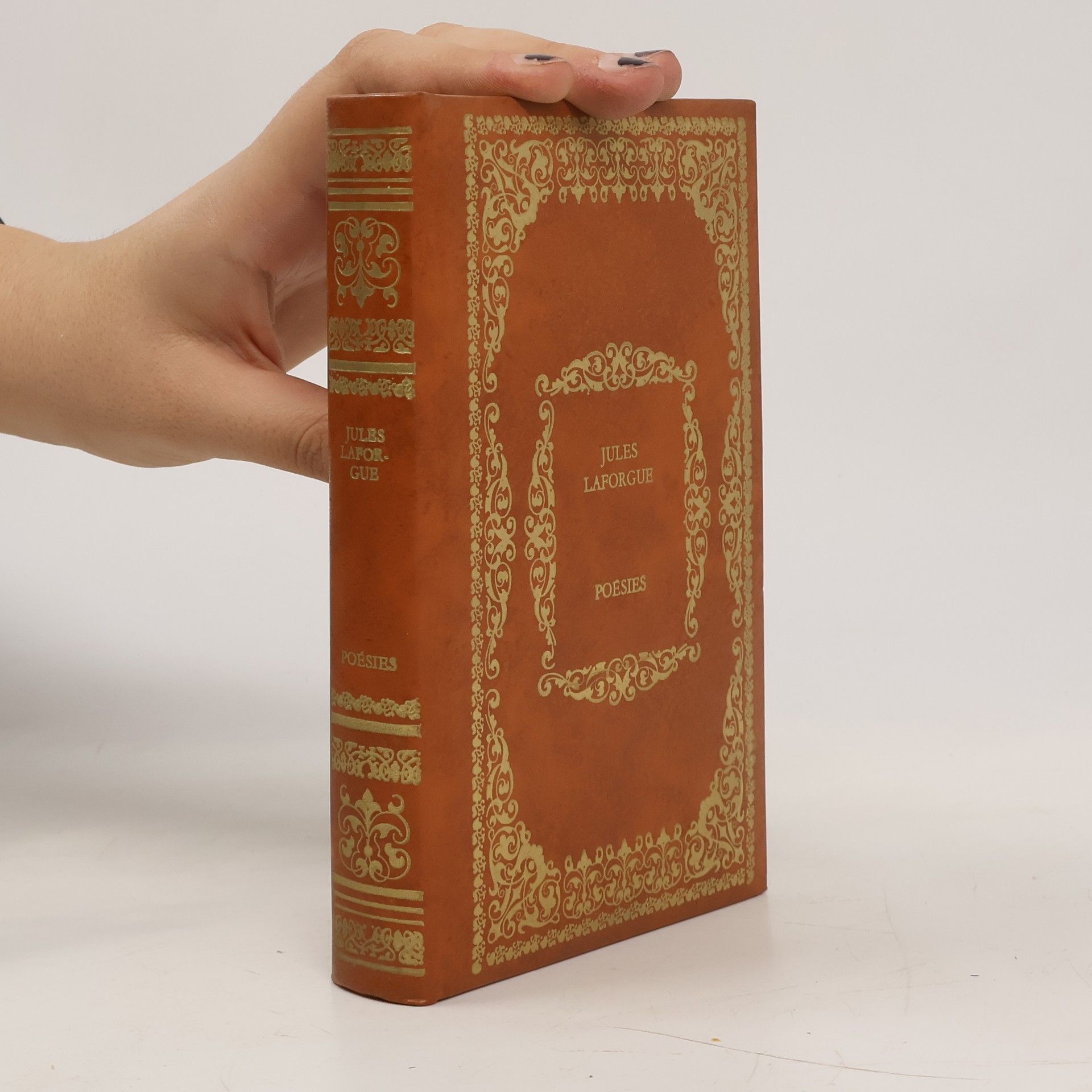Jules Laforgue Livres
Jules Laforgue fut un poète français novateur, dont l'œuvre est souvent qualifiée de mi-symboliste, mi-impressionniste. Il fut parmi les premiers poètes français à adopter le vers libre, fortement influencé par Walt Whitman. Sur le plan philosophique, sa pensée fut profondément façonnée par Schopenhauer et Von Hartmann. La poésie de Laforgue s'avéra une influence majeure sur les jeunes T. S. Eliot et Ezra Pound, son style étant salué comme une nouvelle manière dans la littérature anglaise.







Výbor z básnických sbírek, myšlenek, paradoxů, poznámek a próz francouzského básníka.
První český knižní výbor z poezie francouzského ,,prokletého" básníka, jehož dílo významně ovlivnilo francouzské básnictví. Přináší básně ze sbírek Vzlykání země, Nářky, Napodobení naší Paní Luny, Květy dobré vůle a Poslední verše - verše plné paradoxů, ironie a sebeironie.
Autor se vrací s humorem,jemnou ironií,sentimentem k význačným dílům i osobám historie ,JAko je HAmlet,Salome,Lohengrin,Perseus a Andromeda....
